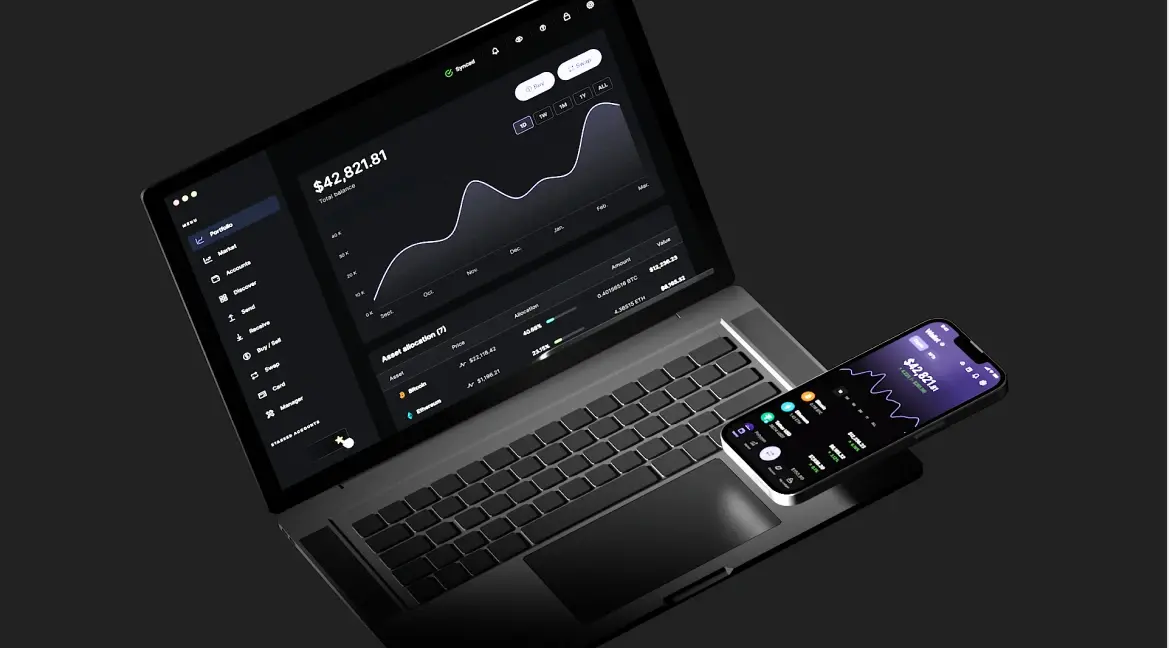The Power of the Ledger: Unlocking the Potential of Record-Keeping Systems
In the world of finance, business, and even personal management, the term “ledger” has long been associated with record-keeping, tracking transactions, and ensuring accountability. At its core, a ledger is simply a book or collection of records where financial transactions are listed and categorized. However, as technology advances, the ledger has evolved into a much more complex and powerful tool with the potential to change industries and shape the way we conduct business.
What is a Ledger?
A ledger, in its traditional sense, is a book or system where financial entries are recorded. The ledger is often used to track debits and credits in double-entry bookkeeping systems, which allow for the accurate tracking of financial data. A typical ledger consists of multiple accounts, each representing different aspects of a business or individual’s finances—such as revenue, expenses, assets, liabilities, and equity. These accounts are used to keep track of transactions, ensuring that every entry is balanced.
For example, if a business purchases office supplies, the transaction would be recorded in the ledger as a debit to the office supplies account and a credit to the cash or accounts payable account, reflecting the outflow of money.
The Rise of Digital Ledgers
While ledgers started as physical books, the digital age has transformed how we keep records. Digital ledgers are software-based systems that allow for faster and more accurate record-keeping, often used by businesses of all sizes. These systems can automatically generate reports, track transactions in real-time, and even flag discrepancies.
One of the most influential innovations in ledger technology is blockchain, the backbone of cryptocurrencies like Bitcoin and Ethereum. Blockchain technology is a decentralized, distributed ledger system that stores records across multiple computers, ensuring that the information is transparent, secure, and immutable. Each record, or “block,” is linked to the previous one, creating a chain of transactions that cannot be altered or deleted.
This decentralized nature makes blockchain particularly valuable in industries where transparency and security are paramount. In the case of cryptocurrencies, blockchain allows for peer-to-peer transactions without the need for intermediaries, such as banks. Blockchain has also found applications in supply chain management, voting systems, real estate transactions, and healthcare, among many others.
The Importance of Ledgers in Business and Finance
In traditional business and finance, ledgers provide the foundation for accounting and financial reporting. They ensure that businesses have an accurate and transparent record of all their financial activities, which is essential for compliance, tax reporting, and auditing. A well-maintained ledger enables businesses to analyze their financial performance, track trends, and make informed decisions.
Moreover, ledgers also play a crucial role in the prevention of fraud. By maintaining a clear and structured record of every transaction, discrepancies can be easily identified and rectified. Digital ledgers can even automate processes, reducing the chances of human error and further strengthening their security.
The Role of Ledgers in the Digital Economy
In today’s digital economy, the ledger’s role extends beyond finance and accounting. The ability to securely store and share data in a decentralized way has made digital ledgers an invaluable asset for a wide range of industries.
In supply chain management, for example, a digital ledger can track products as they move from manufacturer to consumer. By recording each step of the process on a blockchain, companies can ensure that products are authentic, prevent fraud, and improve efficiency.
In healthcare, electronic health records (EHRs) are essentially digital ledgers, allowing doctors, hospitals, and other healthcare providers to securely store and share patient information. These records can be updated in real-time and accessed by authorized personnel, improving patient care and ensuring that the right information is available at the right time.
Even in the creative industries, digital ledgers are helping artists, musicians, and content creators manage their intellectual property and royalties. Smart contracts on blockchain platforms can automatically distribute payments to artists every time their work is used, ensuring that creators are fairly compensated.
The Future of Ledgers
The future of ledgers is bright, especially with the continued advancements in blockchain and distributed ledger technologies. As more industries recognize the benefits of decentralization, immutability, and transparency, ledgers will become a more integral part of business operations.
In the coming years, we may see an increase in the use of smart contracts—self-executing contracts with the terms of the agreement directly written into code. These contracts can automatically enforce rules and trigger actions, reducing the need for intermediaries and enhancing efficiency.
Furthermore, with the rise of artificial intelligence and machine learning, ledgers may become more intelligent, able to automatically detect fraud, predict financial trends, and even optimize business processes based on real-time data.
Conclusion
The ledger, once a simple record-keeping tool, has evolved into a powerful instrument that transcends its traditional role in accounting and finance. As businesses, governments, and individuals continue to harness the power of digital and decentralized ledgers, the potential applications are vast and transformative. Whether in tracking financial transactions, ensuring supply chain integrity, or managing intellectual property, the ledger is at the heart of the digital economy, driving transparency, security, and efficiency.
As technology continues to evolve, so too will the ledger, and with it, new opportunities and innovations that will shape the future of our interconnected world.



